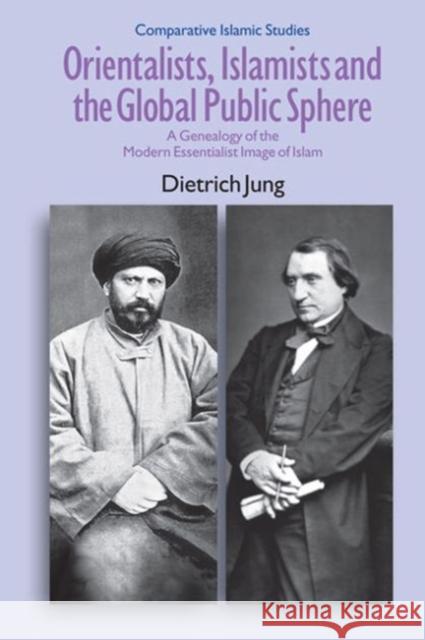Orientalists, Islamists and the Global Public Sphere » książka
Orientalists, Islamists and the Global Public Sphere
ISBN-13: 9781845538996 / Angielski / Twarda / 2011 / 332 str.
In light of the ongoing public debate that focuses on differences between Islam and the West, this book suggests a change of perspective. It departs from the observation that both western Orientalists and Islamist activists have defined Islam similarly as an all-encompassing religious, political and social system. In shifting from differences to similarities, it leaves behind the increasingly circular debate about the true nature of Islam in which the Muslim religion has been represented either as intrinsically hostile to or as principally compatible with modern culture. Instead, it associates the evolution of a particularly essentialist image of Islam with a complex process of cross-cutting (self)-interpretations of Muslim and Western societies within an emerging global public sphere. Putting its focus on the life and work of a number of paradigmatic individuals, the book investigates the intellectual encounters and discursive interdependencies among western and Muslim intellectuals. In a historical genealogy it deconstructs the essentialist image of Islam in uncovering its conceptual foundations in the modern transformation of European and Muslim societies from the nineteenth century onwards. Thereby, the changing infrastructure of the global public sphere has facilitated the gradual popularization, trivialization, and dissemination of a previously elitist discourse on Islam and modernity. In this way, the idea of Islam as an all-encompassing system has been turned into accepted knowledge in the Western and Muslim worlds alike.











